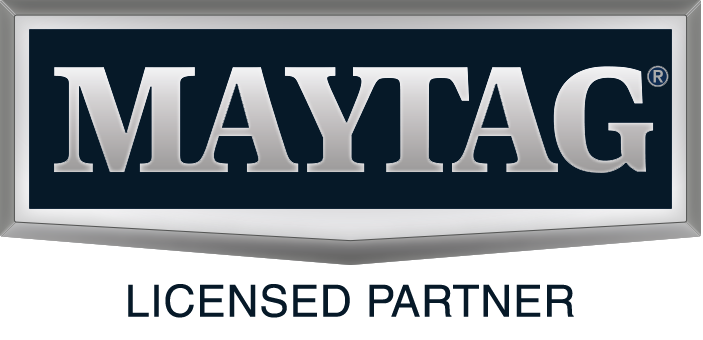Have you switched from heating mode to cooling mode yet?
If you have, do you know what to do with your gas furnace during the hotter months? This particular article covers what people should do if their gas furnace has a pilot light. If you are trying to figure out whether to turn the pilot light off or not, ask yourself the following questions:- Does my gas company charge a base fee?
- Do I know how to easily relight my pilot light when I need heat again?
- Where is my furnace located?
- Are small amounts of heat going to make a big difference?
- Is my furnace in an area that sees a lot of insects that could set up shop in my heating equipment?
- Am I diligent about fall maintenance?
- Replace your old equipment with something more efficient.
- Turn the thermostat up a few degrees.
- Use blinds and curtains to block sunlight in south-facing rooms.
- Schedule spring maintenance to make sure everything is running properly and efficiently.
